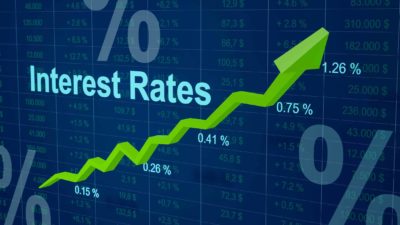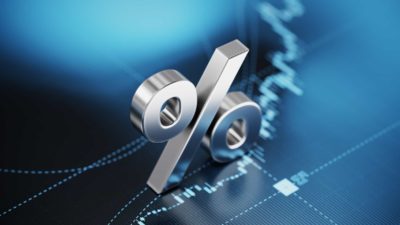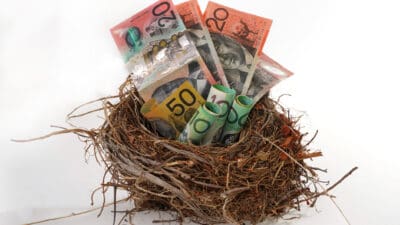How much money should you have in your emergency fund going forwards?
The typical advice for an emergency fund is to have three to six months of living expenses in a high interest savings account. If you've followed that advice then your emergency fund may be coming to your assistance right now if you've lost your main source of income due to coronavirus impacts.
An emergency fund equating to six months of expenses would still have plenty of room left.
But is that going to be enough in the future? It's very hard to say how safe your finances need to be. Someone still employed in a government role has a different level of income security compared to someone in a cyclical industry or say a hospitality job.
Maybe the new normal will be six to nine months of expenses?
A life-changing event like this can completely change people's outlook on money and risk.
Where should your emergency fund be placed?
My emergency fund is in a high interest savings account in a separate financial institution. For example your transaction account may be with Commonwealth Bank of Australia (ASX: CBA) and then your savings account could be with one of the subsidiaries of Westpac Banking Corp (ASX: WBC) or National Australia Bank Ltd (ASX: NAB). Most other sizeable banks are good options too.
I think it's good to keep your money in separate institutions in-case there's a technical (or worse) problem with one of the institutions.
By the way, your share portfolio isn't an emergency fund. You may need to sell shares in a market crash just when you need the cash.
At the moment my household has six months of 'ramen noodle' life expenses. In other words, half a year of ultra-low-cost living. In light of the current crisis, I think we'll aim to increase that to nine months once we've bought a house.
The stronger you make your financial foundations with a good emergency fund, the more you can put to investing in difficult times when it comes.







